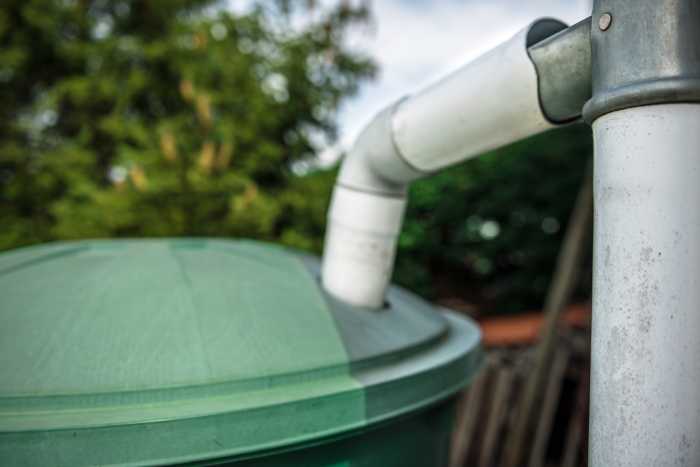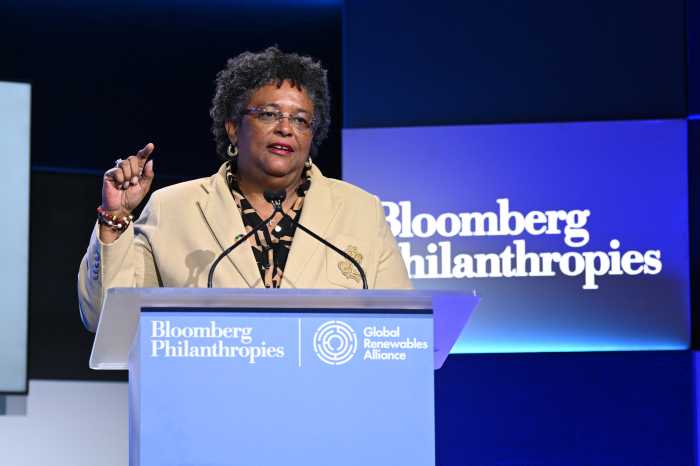Canada and the World Bank Group announced on Tuesday, Dec. 12 a partnership to support effective climate action in developing countries, such as those in the Caribbean, in support of the Paris Agreement.
Canada and the World Bank said, at the One Planet Summit in Paris, that they will support the acceleration of developing countries’ transition away from traditional coal-fired electricity toward clean energy to power their fast-growing economies.
The coalition said they will also support Small Island Developing States (SIDS), such as those in the Caribbean, in expanding their renewable energy infrastructure, “helping to put them on a more sustainable pathway that is less polluting and ensures greater energy access.”
This work also includes sharing best practices on how to ensure a just transition for displaced workers and their communities to minimize hardships and help workers and communities benefit from new clean growth opportunities.
“The transition to a low-carbon economy should be inclusive, progressive and good for business,” Canada and the World Bank said. “We will work together with the International Trade Union Confederation in this regard.
“This effort builds upon a strong and successful partnership between Canada and the World Bank Group over many years on climate action, including through the Climate Investment Funds and the International Finance Corporation’s Canada Climate Change Program,” the statement added.
“This partnership reflects the broader commitment of the World Bank Group and Canada to support the transition to low-carbon and climate resilient economies, and to catalyze inclusive growth and job creation,” it continued.
As one of the largest financers for renewable energy and energy efficiency for developing countries, the World Bank said it is playing “a key role” in facilitating the energy transition through lending, support to emerging clean energy sectors, and by working with governments to strengthen energy institutions, develop legal frameworks and improve policies.
Together with the United Nations, the bank recently launched the Invest4Climate platform to mobilize additional finance for climate action, including for the energy transition.
“The Paris goals will be out of reach unless we can move quickly to help fast-growing economies shift towards cleaner energy sources,” said World Bank president Jim Yong Kim. “We are committed to working closely with Canada and other partners to accelerate this transition.”
Catherine McKenna, Canada’s minister of Environment and Climate Change, said phasing out coal power is the right choice for Canada, adding: “I’m very pleased that we can also support developing countries in their transition to cleaner power.
“We can’t forget workers and coal communities as we make this transition, and our new collaboration with the World Bank and the International Trade Union Confederation will provide analysis of best practices to Canada and others,” she said.
The World Bank said Canada is providing US$2.65 billion in climate finance to developing countries by 2020-21, with a particular focus on the poorest and most vulnerable.
In Fiscal Year 2017 alone, the World Bank said it committed US$12.8 billion to over 200 climate-related projects. It has increased the share of climate co-benefits in its lending to 22 percent, getting closer to its target of 28 percent by 2020.


























